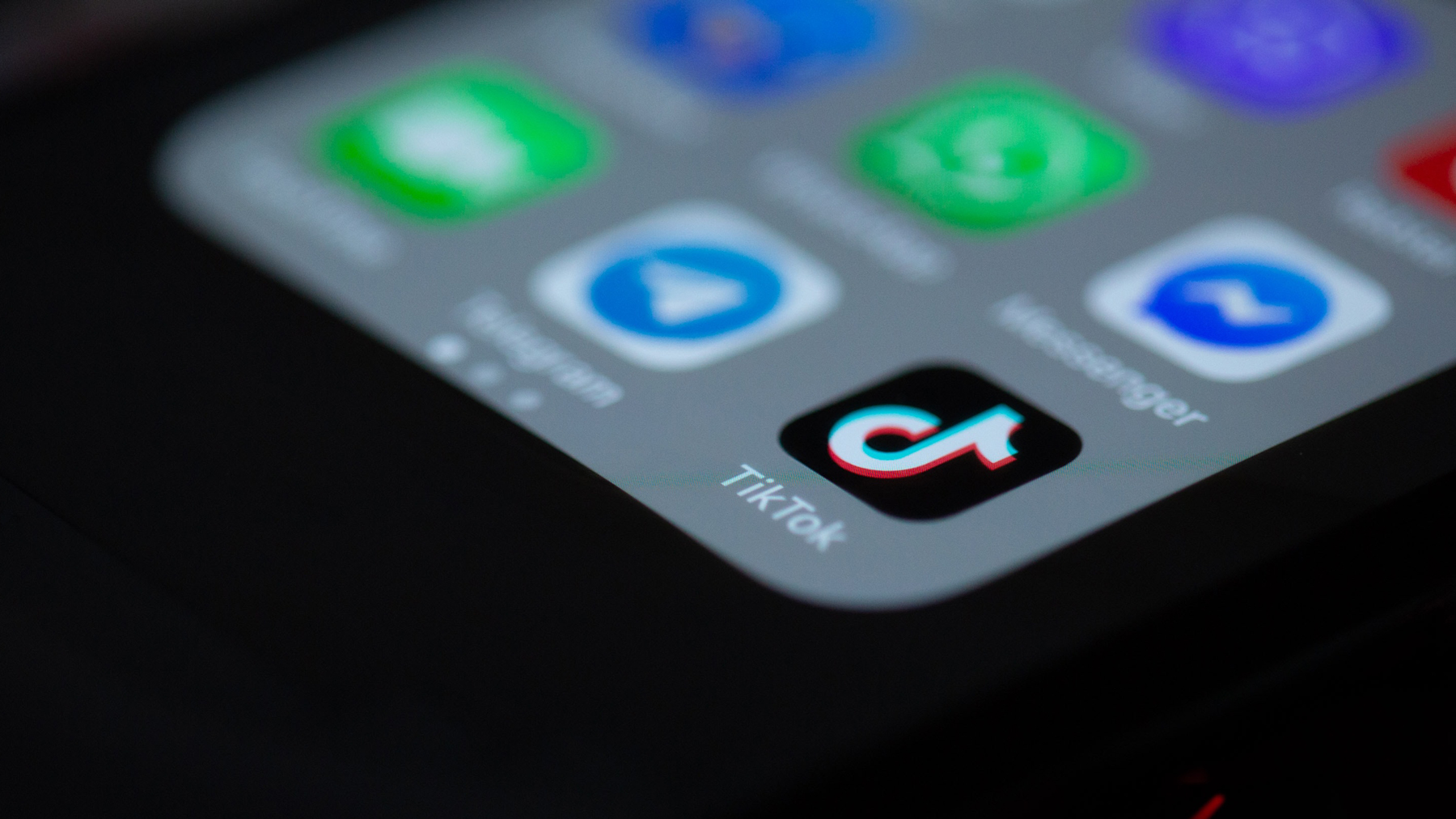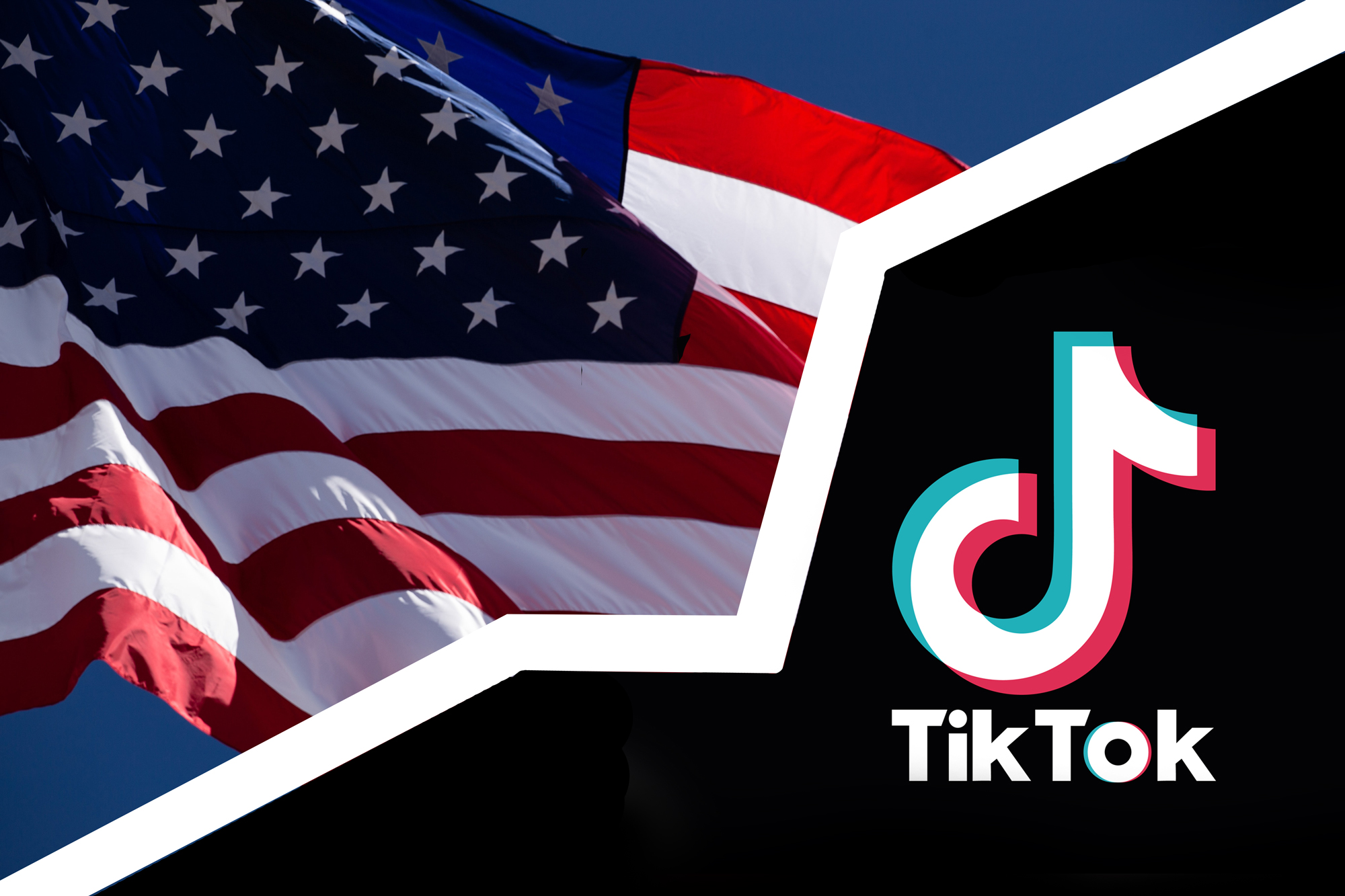
TikTok, the global video-sharing platform, has taken legal action against the US state of Montana, filing a lawsuit to challenge a bill that aims to ban the popular short-form video app from the state starting in early 2024.
According to TikTok's complaint, the company argues that the ban violates several provisions of the US Constitution, including the First Amendment, as well as other federal laws. Additionally, TikTok disputes concerns that the Chinese government could access the data of US TikTok users, which was cited as a primary reason for the ban, labeling such concerns as "unfounded."

The bill, signed by Montana's Governor Greg Gianforte last week, imposes a daily fine of $10,000 (around £8,000) on TikTok and app stores for making the app available on personal devices within the state at the beginning January 1, 2024.
In response, a TikTok spokesperson, Brooke Oberwetter, stated that the company is challenging Montana's unconstitutional ban in order to protect its business and the hundreds of thousands of TikTok users in Montana. The spokesperson expressed confidence that TikTok's legal challenge is supported by strong precedents and facts.
Montana's Attorney General's spokesperson, Emily Flower, acknowledged that legal challenges were anticipated and assured that the state is fully prepared to defend the law, emphasizing its role in protecting the privacy and security of Montanans.
Meanwhile, China's Foreign Ministry condemned Montana's ban, labeling it as an "abuse of state power" and stressing the lack of evidence provided by the US to substantiate the claim that TikTok poses a threat to national security.

The motivation behind Montana's ban stems from mounting criticism of TikTok's ties to China through its parent company, ByteDance.
Despite concerns expressed by many US officials regarding potential data access by the Chinese government for spying purposes, no concrete evidence supporting such claims has been presented a this time. Some federal lawmakers have also called for a ban on TikTok.
However, Montana's ban goes beyond restrictions imposed by other states that have limited TikTok usage on government devices. Nevertheless, legal and technology experts suggest that enforcing such a ban poses challenges, not only for Montana but for any state, due to the practicalities of the internet. Even if the law were to stand, it may be difficult to prevent TikTok from being accessed by users.

TikTok's complaint highlights that the app is widely used by "hundreds of thousands" of people in Montana for various purposes, such as communication and discussions on a wide range of topics.
The company argues that the ban's severe infringement on First Amendment speech, based on unsubstantiated speculation regarding foreign government access to user data and content, directly contradicts constitutional principles. TikTok seeks a court ruling to invalidate the ban and permanently prevent Montana from enforcing it.
The legal challenge initiated by TikTok underscores the obstacles that Montana and other lawmakers may face in their attempts to restrict the platform within the United States. In a separate case, a group of TikTok creators also sued Montana last week, asserting that the state's ban infringes upon their First Amendment rights.
While this sounds like a total violation to TikTok users who use the platform professionally to make money and deliver content to thousands of users, we also hear a lot about how the platform is a contradiction to a lot of stories across the world - will Montana win, of is TikTok going to be victorious who knows but it certainly is an interesting story to keep an eye on.







